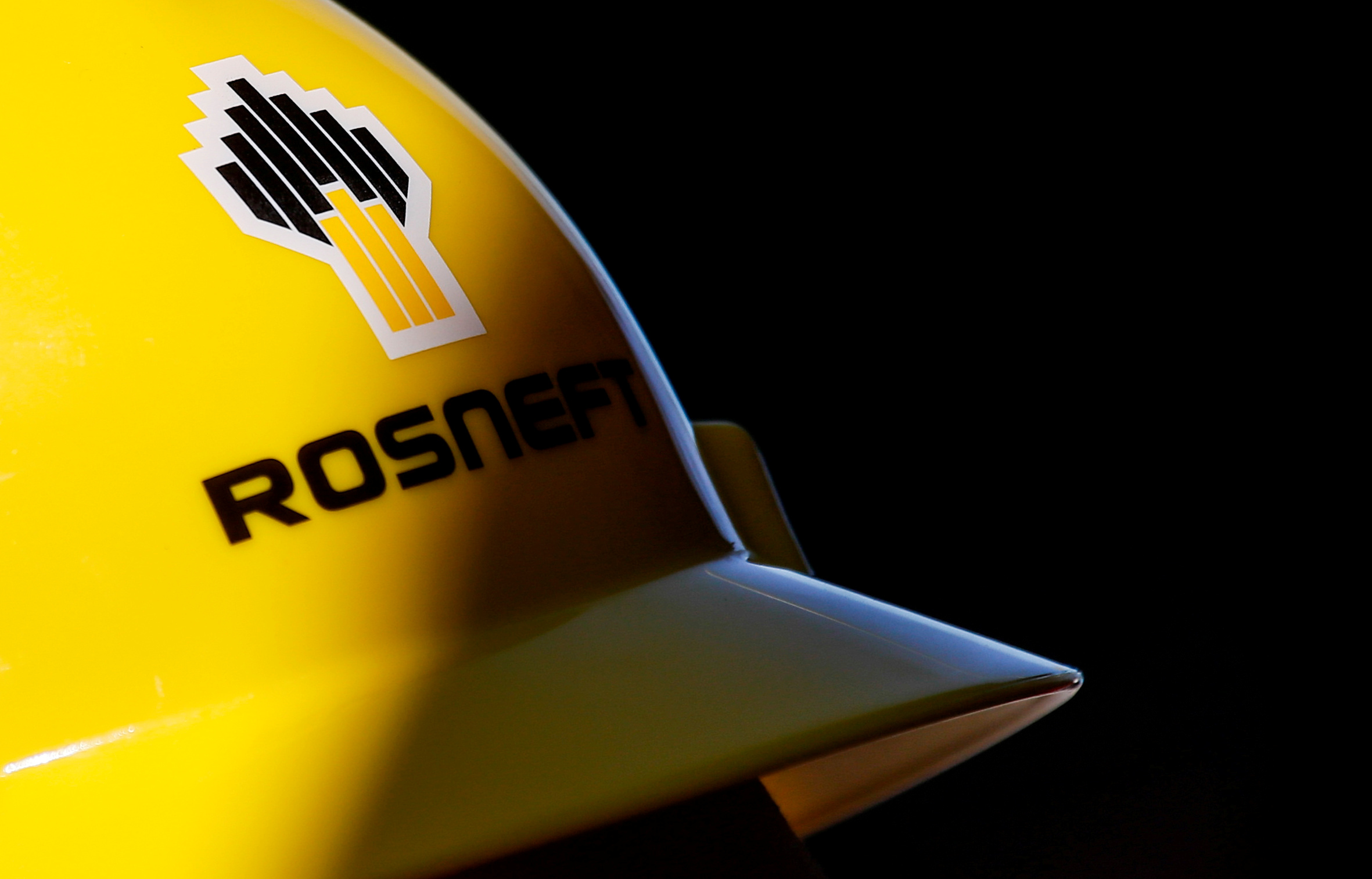Russia’s Rosneft may buy a huge oil field in Arctic from its ex-chief, source says
The Payakhskoye oil field, which could be valued at around $5 billion, would become part of Rosneft's Vostok project.

MOSCOW — Russian energy giant Rosneft may acquire a huge Arctic oil field from its ex-chief Eduard Khudainatov as part of its drive to create a new production region in the north, a source familiar with the deal told Reuters on Wednesday.
Rosneft, the world’s second biggest oil company after Saudi Aramco, sees its northern Vostok Oil Arctic project as an umbrella for producing assets and ones yet to be launched.
Combined, Rosneft forecasts Vostok Oil Arctic will have annual output of 100 million tonnes, or 2 million barrels per day, equivalent to nearly half Rosneft’s current output. Rosneft plans to export Vostok Oil Arctic’s crude in tankers via the Northern Sea Route in the Russian Arctic
Global trader Trafigura has a 10 percent stake in Vostok Oil.
The source said Rosneft plans to pay in assets and cash for the Payakhskoye oil field owned by Neftegazholding, which is controlled by Khudainatov, a former chief executive of Rosneft and close ally of its current head Igor Sechin.
Among assets under consideration for the deal are mainly under-performing brownfields including RN-Severnya Neft, Talinskoye, Varyeganneftegas and Sakhalinmoreneftegas, as well as parts of Samaraneftegas and Orenburgneft, the source said.
Rosneft did not immediately respond to a request for comment.
The potential deal was first reported by Kommersant daily newspaper on Wednesday. The daily, citing a source, reported that Payakhskoye’s oil field could be valued at around $5 billion, given its huge reserves.
The daily said Payakhskoye’s reserves were estimated at more than 1 billion tonnes of oil (7.33 billion barrels). The field is now at the exploration stage with no large-scale production.
Reporting by Vladimir Soldatkin and Olesya Astakhova.